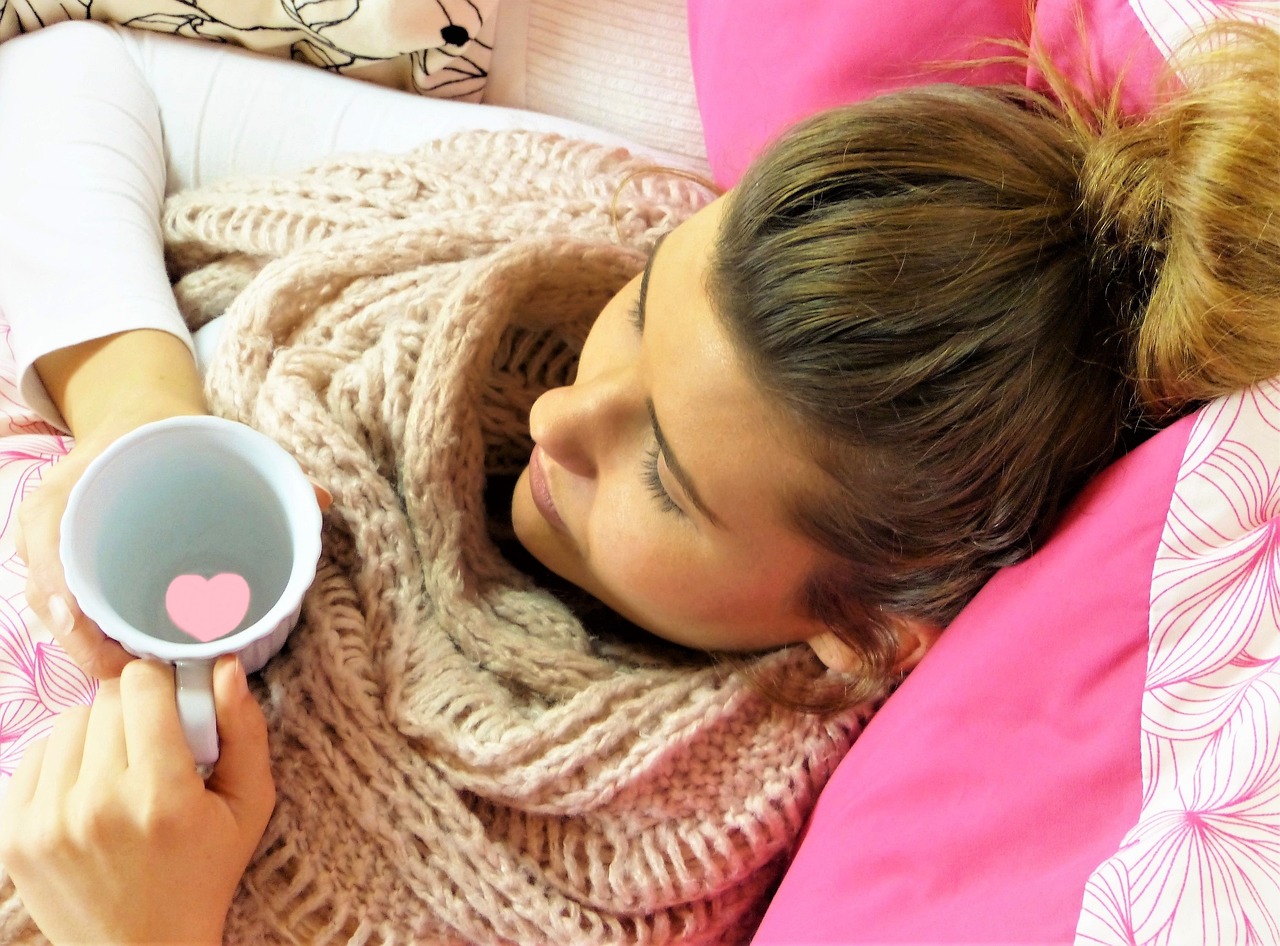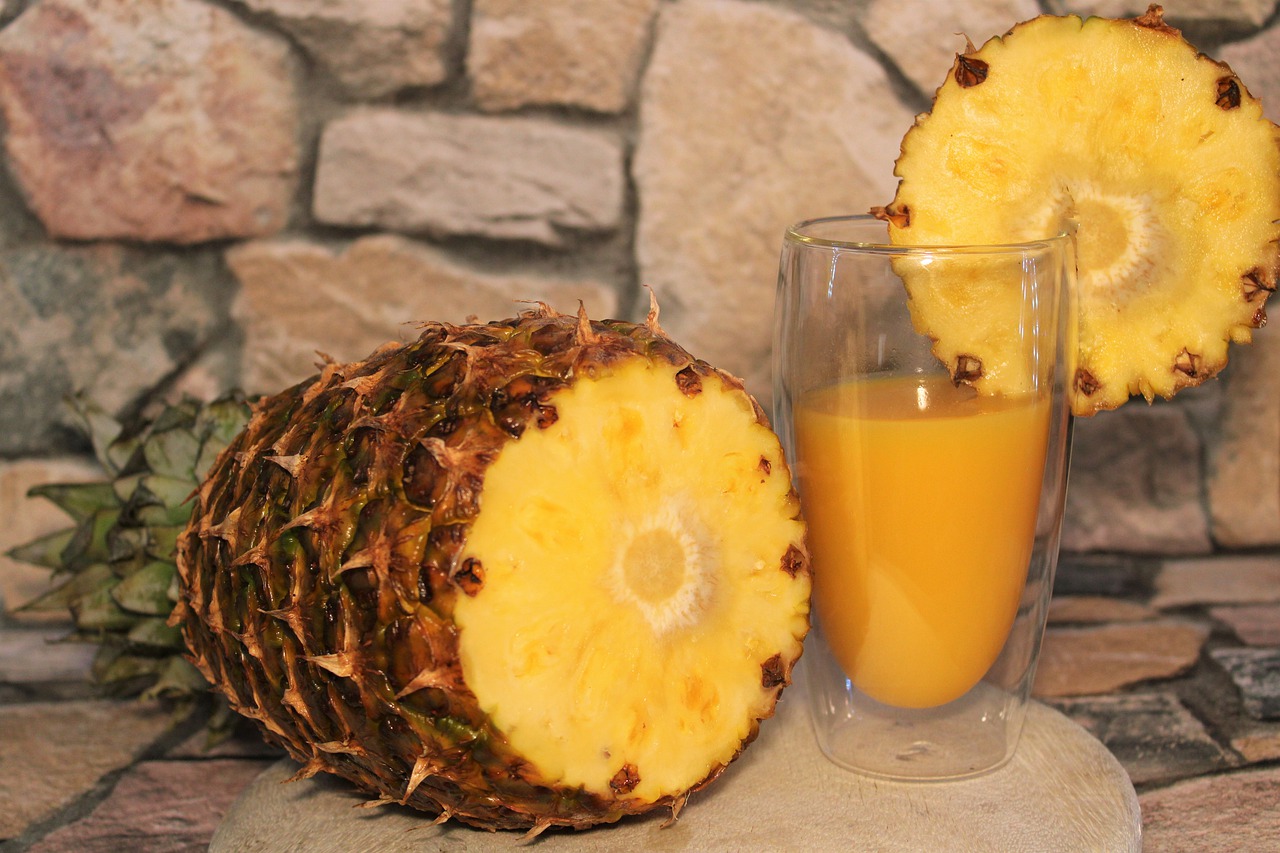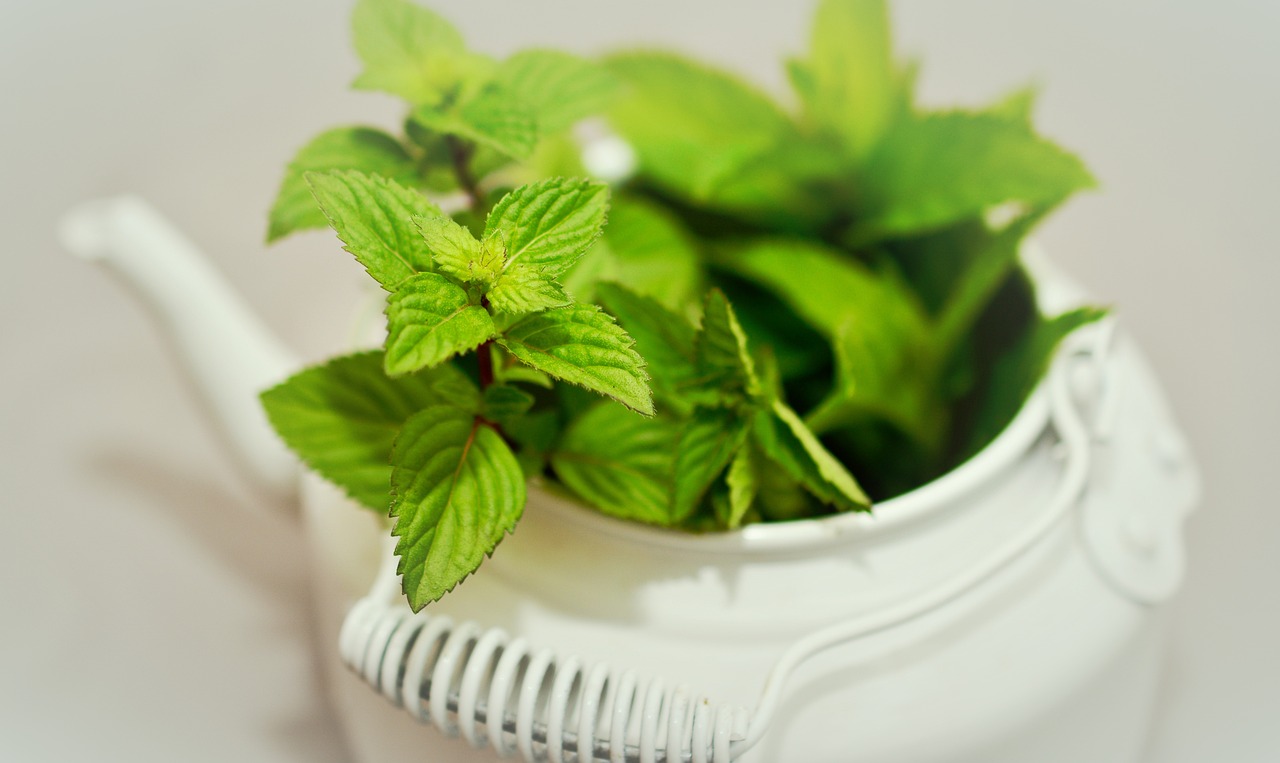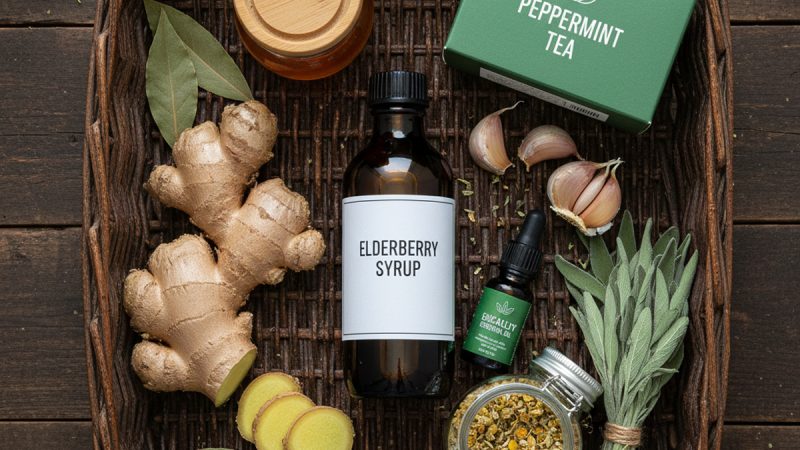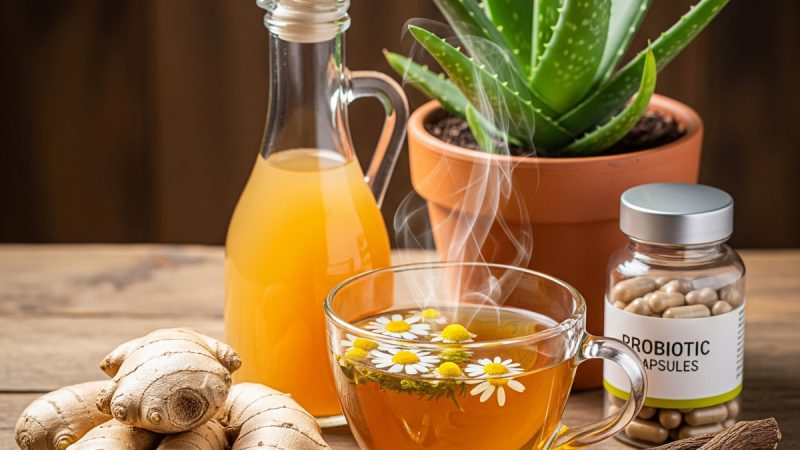Treating Common Ailments without Using Antibiotics

A frightening amount of minor ailments are treated by prescribing antibiotics. While there is nothing wrong with using antibiotics for the “big heavies” in the world of disease, such as pneumonia and meningitis, and use of antibiotics saves lives around the world, they don’t need to be dished out by the truckload for the slightest sniffle or as a “preventative” or “just to be on the safe side”. This prodigal use of antibiotics is rather counter-effective, contributing to an upsurge in antibiotic-resistant bacteria and can also have an unwanted detrimental effect on the human body as well as on the “bodies” of bacteria.
Those who want more information than what’s summarized in this article should read the book Natural Alternatives to Antibiotics by the Irish specialist Dr John McKenna. To summarize the main thesis of the book in one sentence, antibiotics should be used as a last resort and your first response should be natural methods. The best way to fight off a bacterial infection – or a viral infection, for that matter – is to toughen up your immune system.
You’ve got a number of possibilities here:
Echinacea:
This is the “common” name for Echinacea purpureai. Echinacea is a proven immune booster and works by stimulating the white blood cells. No side effects known. Take as a tea, tincture, capsule or tablet. The fresher this herb is, the better.
Honey:
Honey is so antibacterial that it is the only foodstuff that does not rot – archaeologists have found perfectly good honey inside Egyptian tombs that has sat there for centuries, if not millennia. The best honey for fighting infections is manuka honey from New Zealand. (Manuka is a close relative of the tea tree of Australia. Tea tree essential oil is also used as a disinfectant, but the two are not the same, any more than the All Blacks and the Wallabies are the same.) Eat the honey (raw) or apply it topically. No side effects, but if you’re allergic to bees, you may have to watch out for health products containing honey and other bee products such as bee venom, royal jelly and propolis.
→ Why You Need to Keep Honey and Cinnamon in Your Kitchen at All Times
Grapefruit Seed Extract:
A ferocious natural antibiotic that tastes horribly bitter but packs a wallop to get rid of bacteria, yeast infections and viruses. Only take it diluted and don’t take too high a dosage for too long. Those who don’t want to buy the extract can try chewing a few grapefruit seeds (they’ll pass through the gut undigested otherwise) for a small dose – finally a use for the two dozen pips that show up in your breakfast grapefruit.
Garlic:
This is what we used as an antibiotic before antibiotics became common. A simple cough mixture can be made by chopping up half a dozen cloves of garlic (or as many as you fancy) and lobbing it into a jar, followed by two or three teaspoons of honey. Leave it to steep, then strain the pulp off (don’t throw it out – use it with meat and spices for a Moroccan style stew). Dish the liquid out by the teaspoon. No side effects, unless you count bad breath.
Vitamin C:
Another proven immune booster, found in blackcurrants and citrus fruits, as well as a host of other fresh fruits and veggies. Add a handful of fresh blackcurrants to that garlic-and-honey syrup for extra taste. And if you get your vitamin C from eating fresh grapefruit, don’t forget to eat a few of the seeds while you’re at it.
And don’t forget the basics of all good health, which should be done all the time, not just when you feel a cold coming on: good food, good sleep, exercise and fresh air.
The Author:
Nick Vassilev is the founder of a successful London window cleaning company called Anyclean. The firm provides a wide array of various cleaning services, all of which are carried out with passion and high level of professionalism. If you require more info about the cleaning services Anyclean offers visit http://www.anyclean.co.uk


